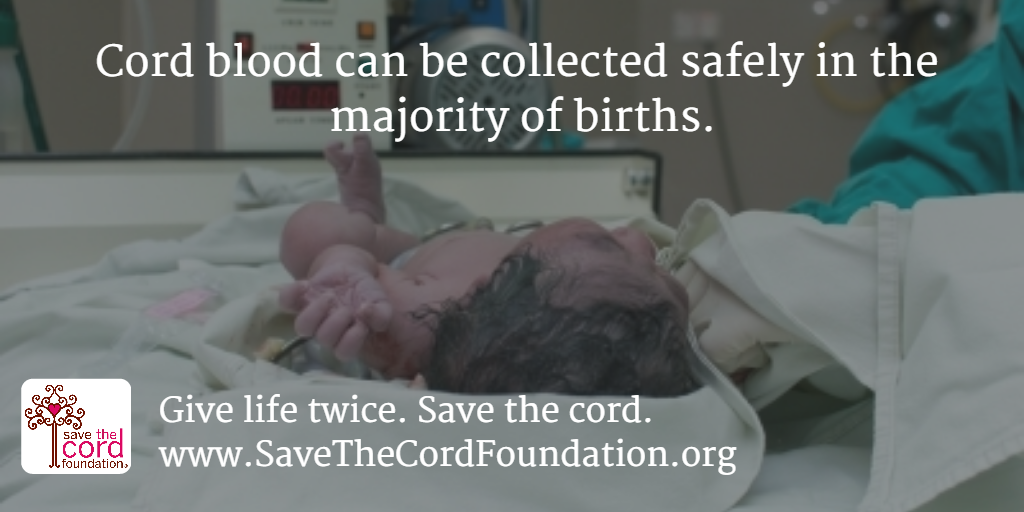Starting a Cord Blood Donation Program
Advice and Recommendations
At Save the Cord Foundation, we are often asked how to start a cord blood donation program. Although we do not run any donation programs ourselves, many use the references on our website to start the process of researching this type of project. Recommendations differ depending on the location of the future program and resources available. Success is not based on a prewritten formula as laws and policies can vary greatly from one location to the next. Likewise, success is not based on good intentions either. There are many factors and variables to consider.
|
|
Our recommendations for anyone wishing to start a cord blood donation program:
|
A few examples of cord blood donation programs:
- Cord blood donation program for listing on a public registry (NMDP/Be The Match Registry® or similar): Donations made via this type of program must meet strict criteria in order to be listed on a public registry. The parent is screened prior to donation and the collection itself must follow certain guidelines (typically the guidelines are more strict than for private cord blood banking). A full-fledged and sustainable cord blood donation program may be set up via the local government, a hospital, a university, a private non-profit foundation or a similar type of group. Due to the costs and logistics involved, this type of program typically relies on multiple partnerships and can take years to establish properly. An excellent example of a state-run public donation program with numerous collection sites is the Arizona Public Cord Blood Program.
- Cord blood donation program via an existing public donation program: Some existing donation programs are now encouraging parents to donate cord blood via mail-in kits even if their hospital of choice does not offer such a program. This could be an excellent option for a hospital hoping to start a program quickly. However, anyone considering this option should discuss it in detail with the existing donor program in question. Mass donations from a hospital must be planned in advance as significant costs and logistics are involved for the existing program to accept a new collection site. Some programs are limited in terms of geography and/or number of donors. For example, the Carolina Cord Blood Bank offers a mail-in kit option for any parent giving birth in North Carolina. Please visit their site to learn more.
- Cord blood donation program for research: A university may be running an innovative research program for which they actively collect cord blood from local hospitals. They may be available to collect from your location directly or via mail-in kits. An example of such a program is at the University of Iowa, visit the site.
- Cord blood donation program via a hybrid bank: A hybrid bank is actually a private cord blood bank that also runs a public donation program and can collect cord blood from almost any hospital (via a mail-in kit). Cords that are donated this way are typically made available on one of the public registries such as NMDP/Be The Match Registry® for patients in need worldwide.




